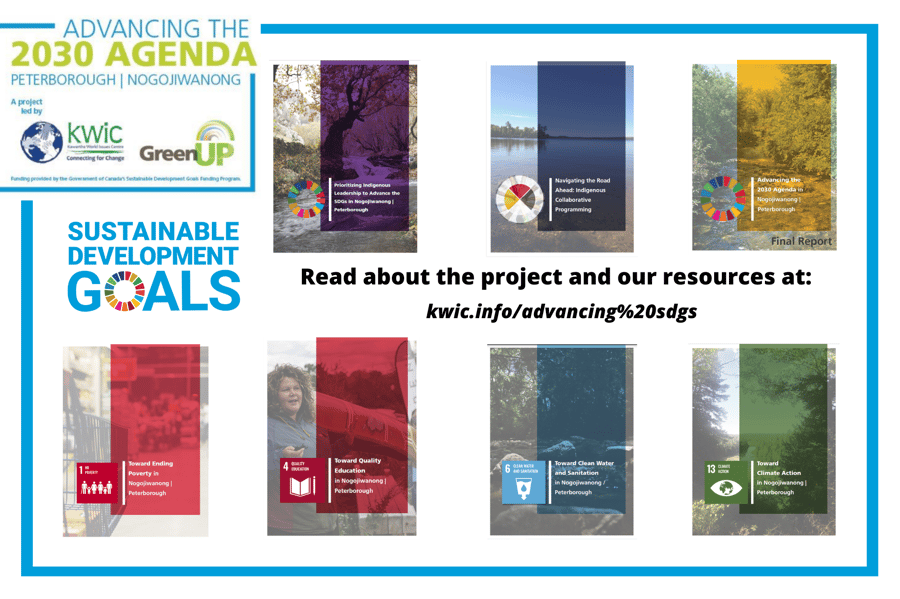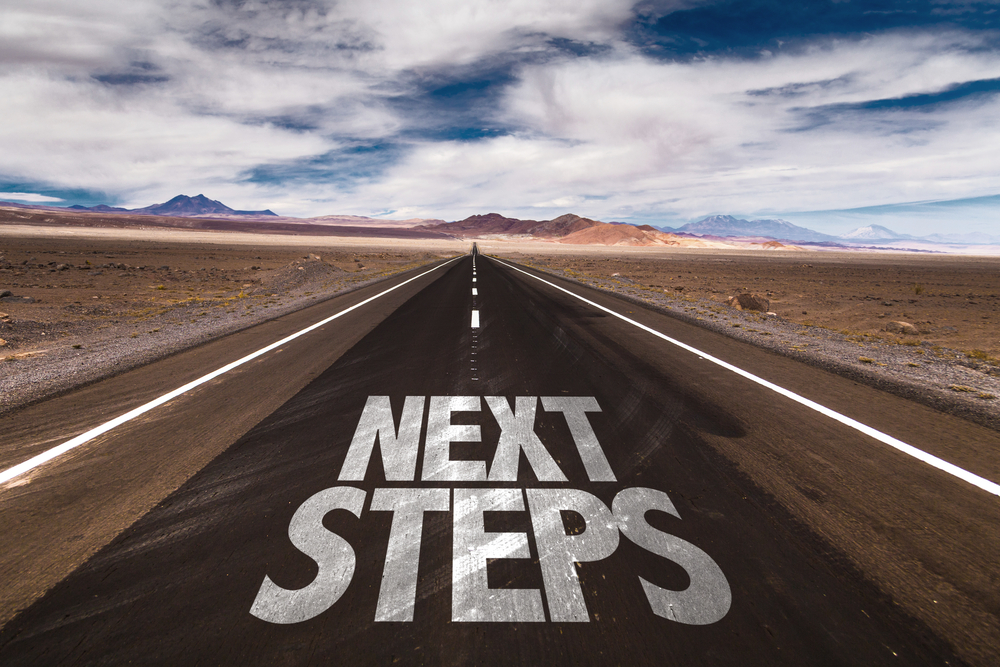If the recent pandemic and climate crisis have taught us anything, it's that Indigenous culture, knowledge and leadership are deeply connected to our very survival as a human species. Yet even despite the extensive work and consultations for the Truth and Reconciliation Commission (TRC), Indigenous voices continue to be silenced. A lack of leadership to implement the TRC continues to prevail, with only 10% of the 94 Calls to Action having been implemented to date. Due to courageous Indigenous leaders, more people are recognizing the urgent need to center Indigenous leadership in their work.
The news over the past few weeks that over 1,500 First Nations children have been discovered buried at former Indian Residential Schools shook the nation. Advancing reconciliation needs to be an urgent priority for all of us. According to a recent survey conducted by Canadian Race Relations Foundation, the Assembly of First Nations and Abacus Data, 72% of Canadians want to see accelerated progress on the TRC Calls to Action. Canadians are finally joining Indigenous communities in demanding that we do more to implement justice, and that applies as much to governments, faith groups, and businesses as it does to the community sector.
Leaving No One Behind is a key priority for advancing the United Nations’ Sustainable Development Goals. This means that sustainability requires equitable rights and dignity for all people, and for our environment including the air, land, water and other beings. Indigenous peoples in Canada strive to protect the lands and waters from "development", but are being left behind due to ongoing colonialism, oppression and attempted genocide. To leave no one behind, we must begin by centering Indigenous leadership in the road to achieving sustainability.
We cannot advance the SDGs without Indigenous Peoples who have the deepest relationships to their territories and other living beings, living in relation to natural laws and aligning them with their cultures, languages and worldviews. Indigenous Peoples and societies offer a world of knowledge that is inseparable from the land and offers an original sustainability framework specific to each Nation’s territories. Indigenous leadership is currently the missing key in achieving the SDGs in Canada.
.png?width=713&name=Screenshot%20(81).png)
A screenshot from the Community SDG Forum on Zoom in March 2021
The Nogojiwanong/Peterborough SDG Project, led by KWIC and GreenUP, is an inspiring example of how Indigenous and non-Indigenous communities can collaborate and build good relationships. The project leadership team included two Indigenous consultants and an Elder advisor who guided the development of an Indigenous Leadership Action Team (ILAT) to ensure that Indigenous knowledge and experience guided the entire project. The ILAT was made up of 12 individuals from several local Michi Saagiig First Nations who worked together over the course of the year.
The insights and recommendations in the ILAT report are relevant far beyond Peterborough; they are pertinent to anyone working to advance the SDGs across Canada and beyond. The report explores how the thematic areas of poverty, education, clean water, and climate action can be understood by building relationships with First Peoples. It provides a model for how other communities might take an asset-based approach to advancing local priorities, by engaging communities that are most often left behind to accurately identify shared needs and the resources they can bring to the table.
 Imagine if every community group working on developing and implementing development projects and plans were guided by an Indigenous Leadership Action Team between treaty partners. How might this transform our collective work and relationships? What potential benefits and opportunities would arise?
Imagine if every community group working on developing and implementing development projects and plans were guided by an Indigenous Leadership Action Team between treaty partners. How might this transform our collective work and relationships? What potential benefits and opportunities would arise?
Take Your Learning Deeper
- The Indigenous Collaborative Programming report, written by the project’s Indigenous consultant, Gary Pritchard Jr., explores how to build and maintain meaningful relationships with Indigenous communities that respect their inherent rights and protocols.





